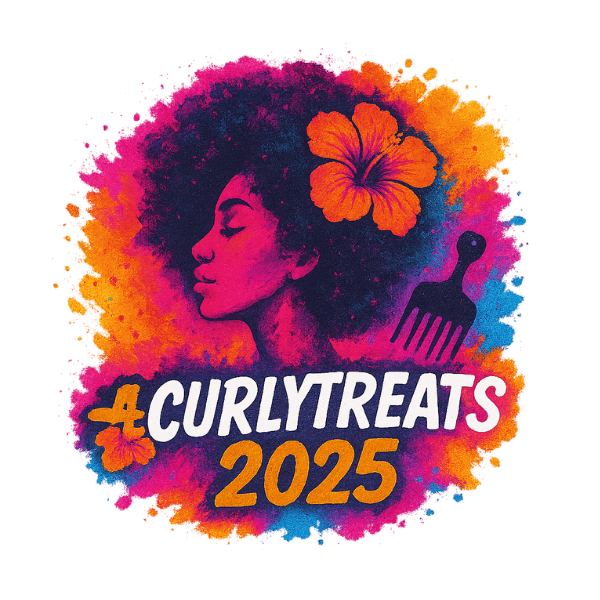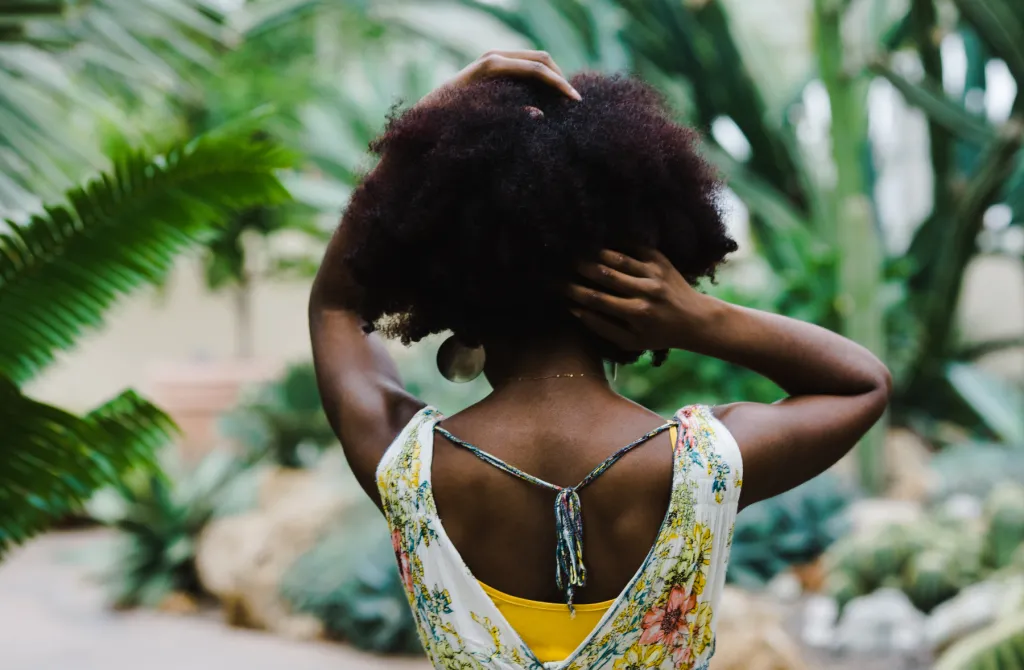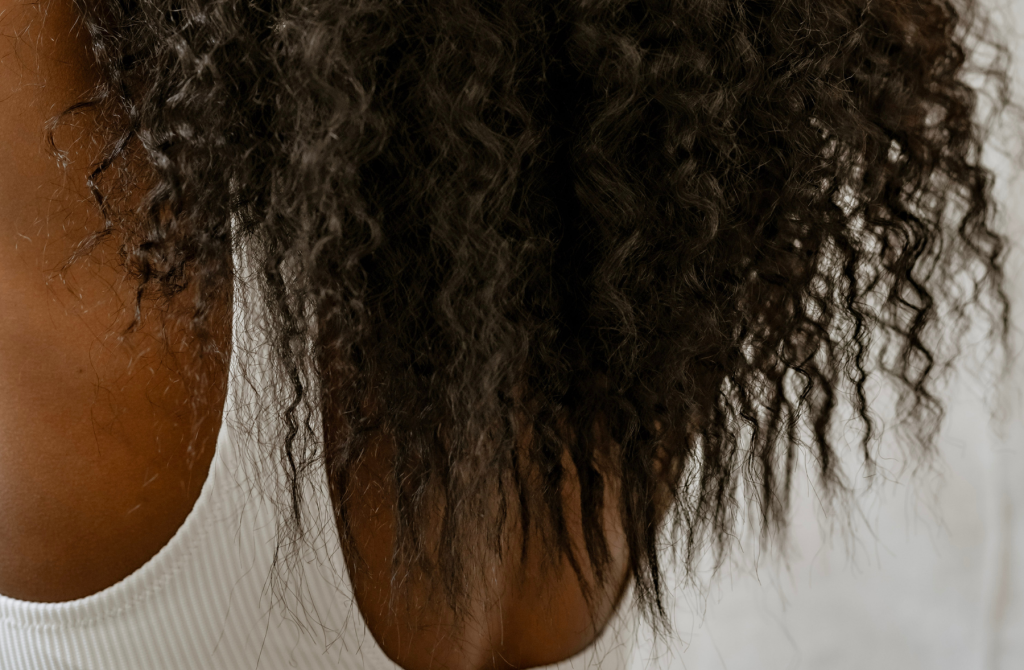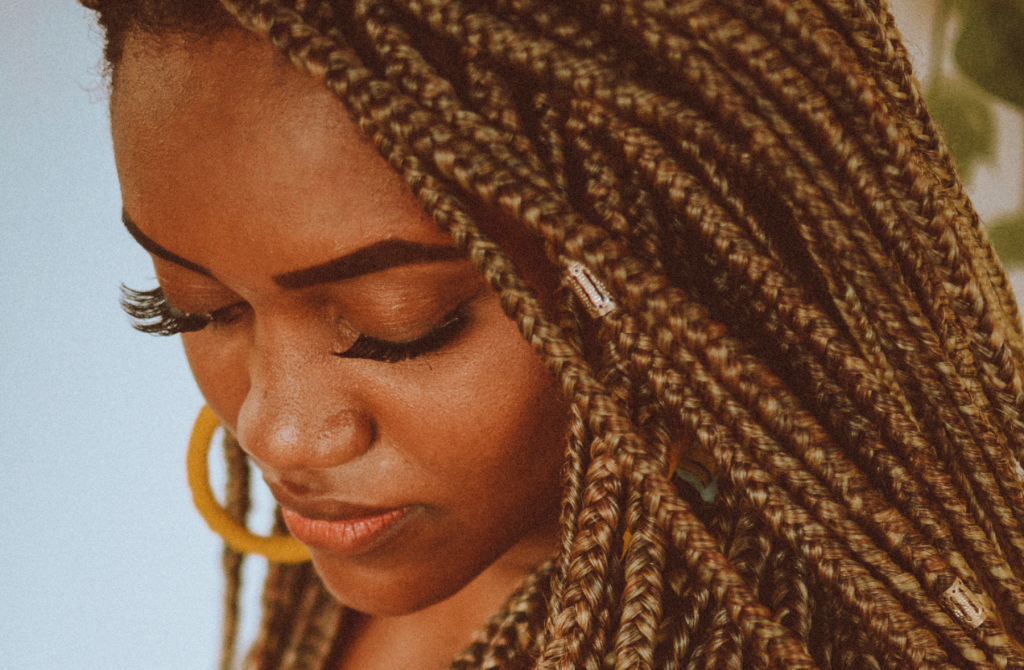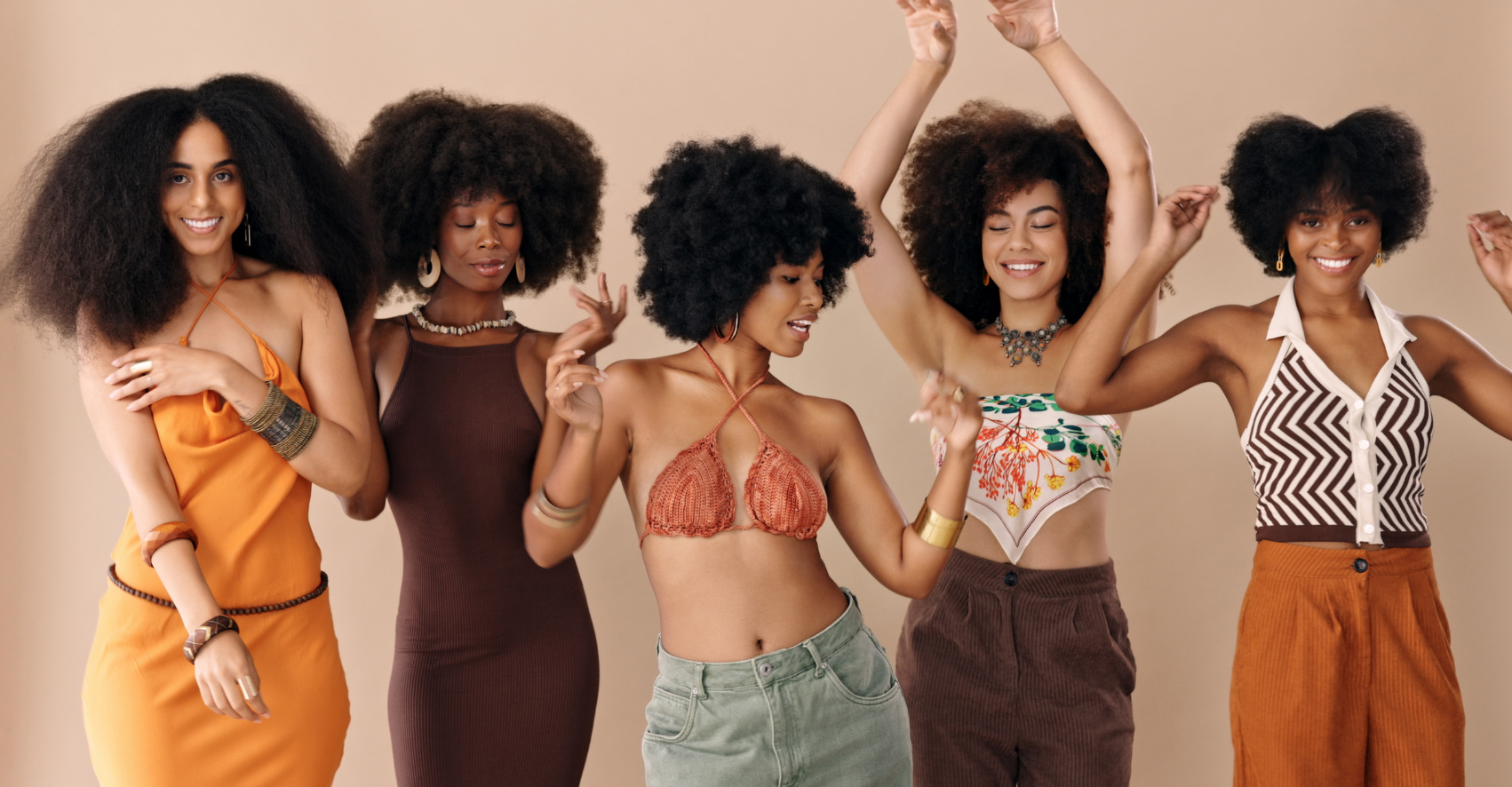The reality of hair discrimination at work
Imagine walking into a job interview, confident in your skills and experience, only to feel judged not for your abilities, but for your hair. Sadly, for many Black professionals, this is a common experience. Hair discrimination remains an issue in workplaces in nations including the UK, Europes, US, andCanada, affecting hiring decisions, career progression, and daily interactions.
The term ‘hair discrimination’ refers to the unfair treatment of people based on their natural hair texture or protective styles such as braids, locs, and twists. Despite efforts to promote diversity and inclusion, this form of bias persists, often under the guise of ‘professionalism.’ But who decides what is professional? Why is straight hair the default standard?
Tackling hair discrimination isn’t just about aesthetics - it’s about human rights, workplace equality, and challenging outdated beauty standards. Embracing Afro hair in professional spaces is an essential step towards true inclusivity.
Understanding the roots of hair discrimination
Hair discrimination is deeply rooted in colonial history and Eurocentric beauty ideals. For centuries, straight hair has been positioned as the standard of professionalism, while Afro hair has been stigmatised. These biases have led to policies that explicitly or subtly exclude Afro hairstyles from workplaces, schools, and social settings.
- Unwritten workplace rules – Many workplaces still have expectations that favour Eurocentric styles.
- Stereotypes and misconceptions – Some believe that Afro hair looks ‘untidy’ or ‘unprofessional.’
- Lack of legal protection – Unlike race or gender, hair discrimination is not always explicitly covered by UK law.
By understanding the history behind these biases, organisations can take meaningful steps towards change, ensuring that professionalism is not defined by outdated norms.
The impact of hair discrimination on employees
Hair discrimination is more than just a workplace inconvenience, it has serious consequences for employees' well-being and career growth. The pressure to conform to Eurocentric standards can lead to:
- Emotional distress – Constantly feeling scrutinised or pressured to alter one’s hair can affect confidence and mental health.
- Limited career opportunities – Employees with Afro hairstyles have faced rejections and biases in hiring and promotions.
- Financial burden – Chemical straightening treatments and wigs can be expensive, yet some professionals feel forced to use them to fit in.
- Cultural erasure – Afro hair is deeply connected to identity and heritage. Being asked to change it erases part of that cultural expression.
Workplaces that fail to address hair discrimination risk creating an environment where Black employees feel undervalued and excluded. Recognising and tackling these issues is crucial for fostering a truly diverse and inclusive workplace culture.
What employers can do to support hair inclusivity
Employers play a key role in eliminating hair discrimination and ensuring Afro hair is accepted in all professional settings. Here are some practical steps they can take:
- Review and update policies – Ensure dress codes and grooming policies are inclusive and do not target natural hair or protective styles.
- Educate staff on bias – Conduct training on unconscious bias and the importance of cultural inclusivity.
- Celebrate diversity – Recognise and celebrate Afro hair through workplace initiatives, such as discussions, workshops, or Black History Month events, and World Afro Day.
- Implement legal protections – Push for policies that explicitly prohibit hair discrimination in the workplace.
- Foster an open dialogue – Encourage employees to share their experiences and concerns without fear of retaliation.
By making these changes, businesses can create workplaces where employees feel valued for their contributions, not judged for their appearance.
How people can challenge hair discrimination
While systemic change is necessary, individuals can also play a role in challenging hair discrimination. Here’s how:
- Know your rights – Familiarise yourself with workplace discrimination laws and challenge unfair policies.
- Speak up – If you experience or witness hair discrimination, address it with HR or management.
- Support others – Advocate for colleagues facing discrimination and promote inclusive workplace discussions.
- Educate yourself and others – Learn about the cultural significance of Afro hair and share this knowledge to combat stereotypes.
- Embrace authenticity – Wear your hair proudly, knowing that professionalism is about performance, not appearance.
By taking these actions, individuals can help shift workplace culture and encourage greater acceptance of Afro hair.
The movement towards change
World Afro Day
World Afro Day is an annual event dedicated to celebrating Afro hair and tackling discrimination. Founded in 2017, the day highlights the cultural significance of Afro hair and encourages positive representation in schools, workplaces, and the media. It serves as a platform to educate people about the importance of embracing diverse hair textures and styles. Many companies and institutions now recognise World Afro Day as an opportunity to promote inclusivity and address bias within their organisations.
The CROWN Act
The CROWN Act (Creating a Respectful and Open World for Natural Hair) is a legislative movement in the US that aims to end hair discrimination in workplaces and schools. First introduced in California in 2019, the law has since been adopted by multiple states, ensuring that Afro-textured hair and protective styles are legally protected from discrimination. The success of the CROWN Act has inspired discussions in the UK, where campaigners are pushing for similar protections under equality laws.
The Halo Code
In the UK, the Halo Code is a pioneering initiative developed by the Halo Collective, a group of young Black activists working to end hair discrimination. The code is a pledge that schools and workplaces can adopt, committing to protect the rights of individuals to wear Afro hair naturally or in protective styles without facing bias. The Halo Code is a significant step towards dismantling the systemic barriers that prevent people with Afro hair from feeling accepted in professional and educational spaces.
Conclusion: A call for action
Hair discrimination should have no place in modern workplaces. Afro hair belongs in every professional setting, just as much as any other hair type. Businesses, policymakers, and individuals must work together to challenge outdated norms and promote true inclusivity.
It’s time to redefine professionalism to include all hair textures and styles. If you've ever faced or witnessed hair discrimination, share your story. Let’s keep the conversation going, challenge biases, and push for change.
